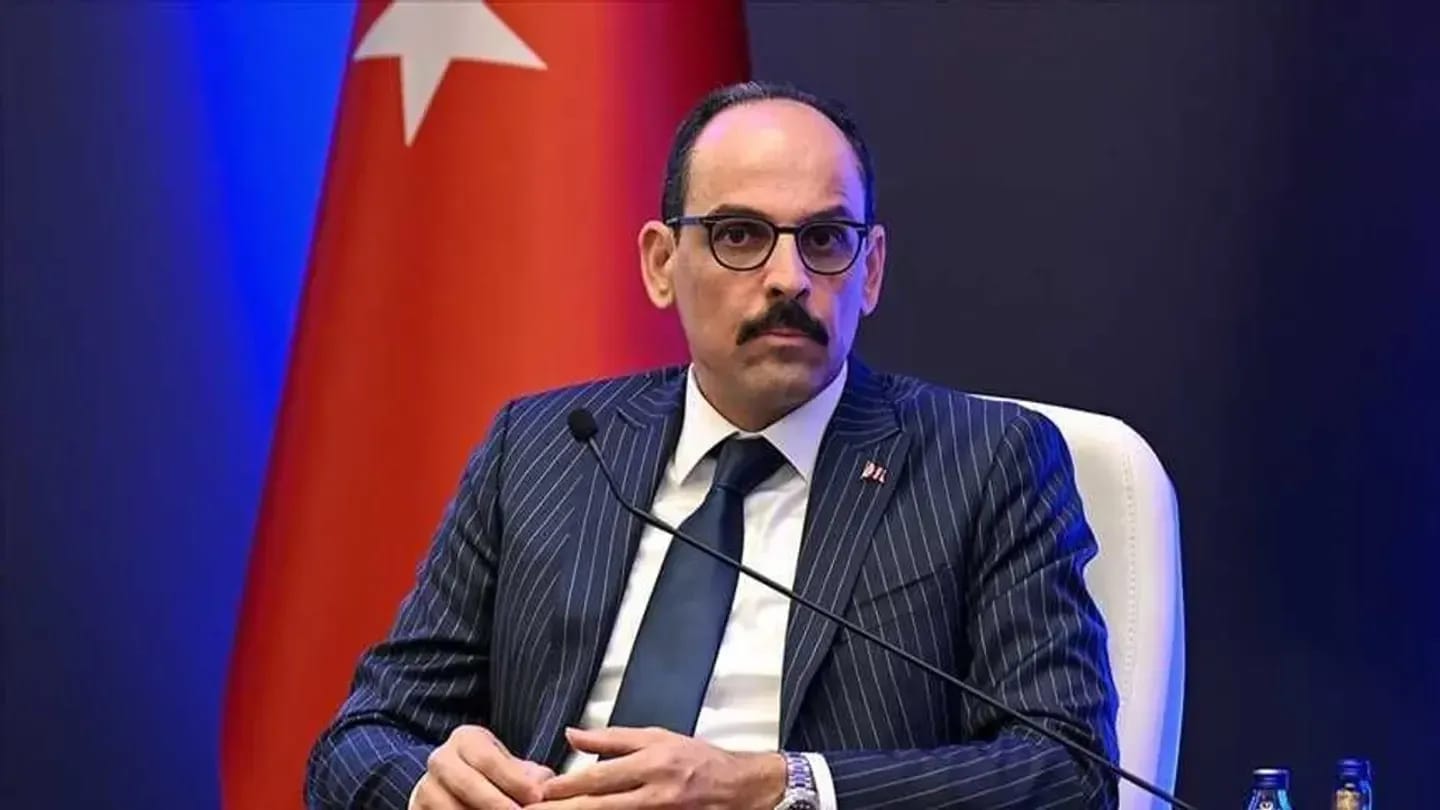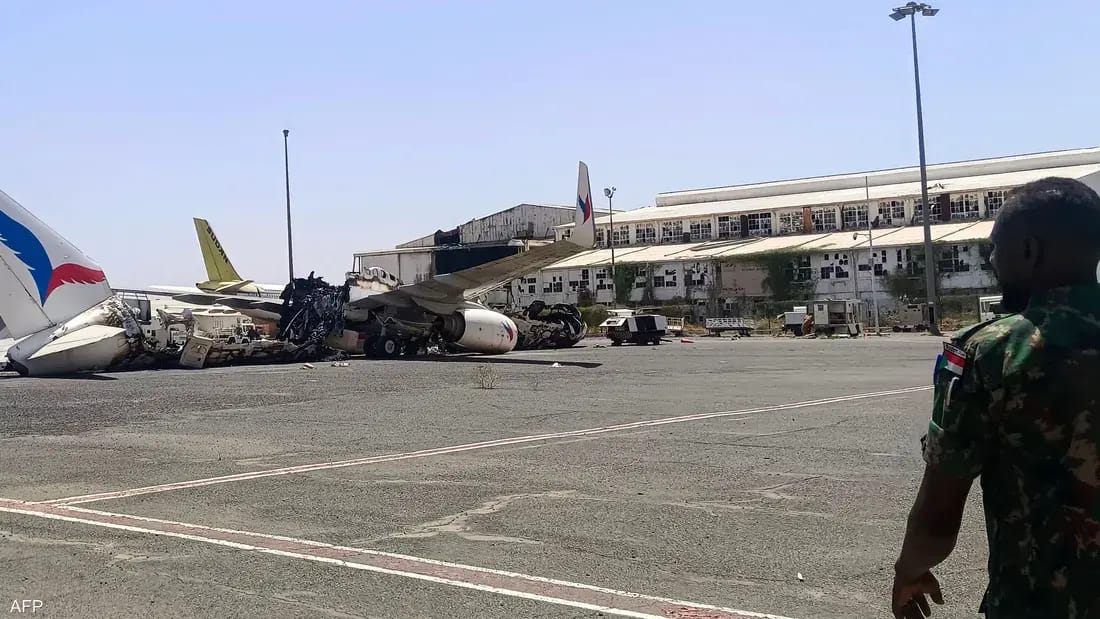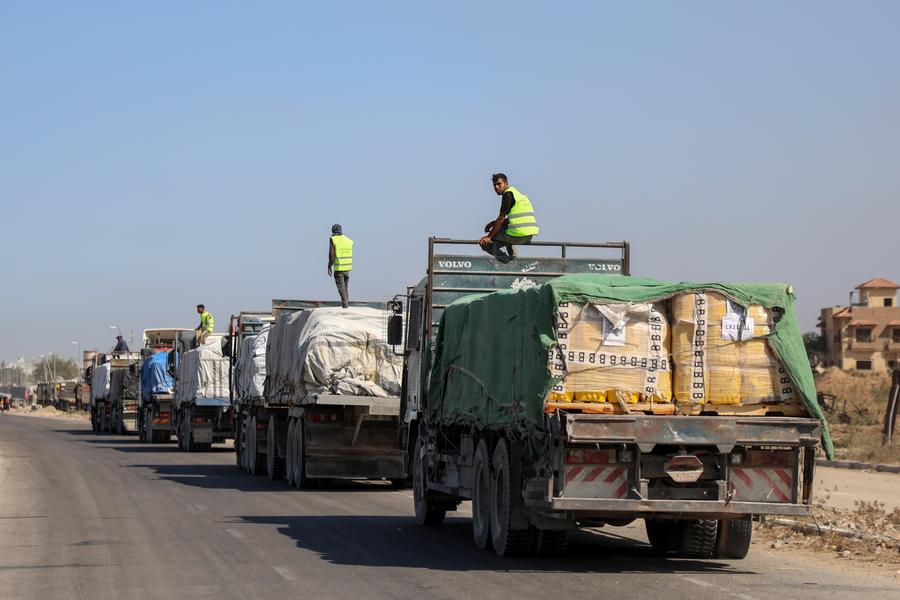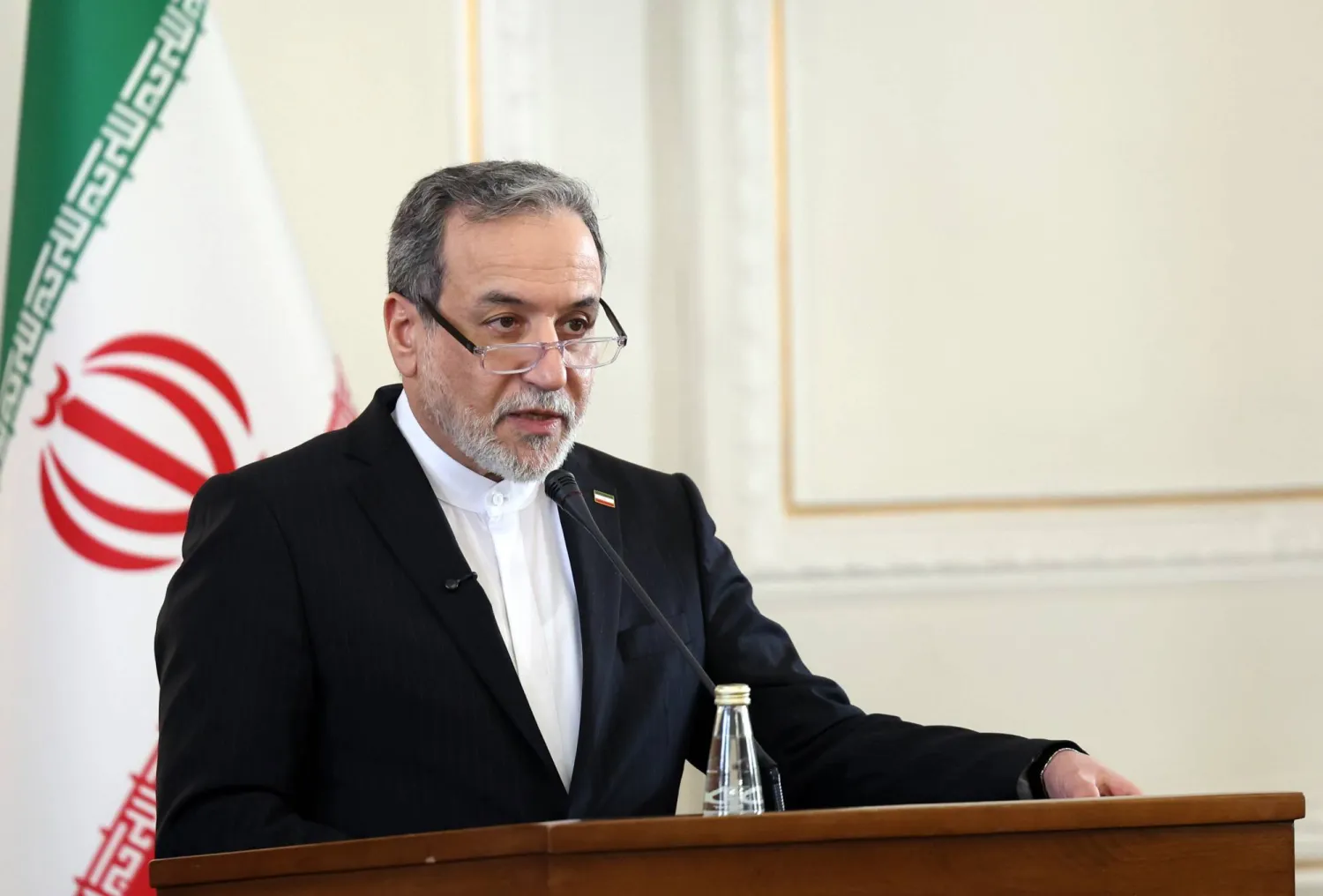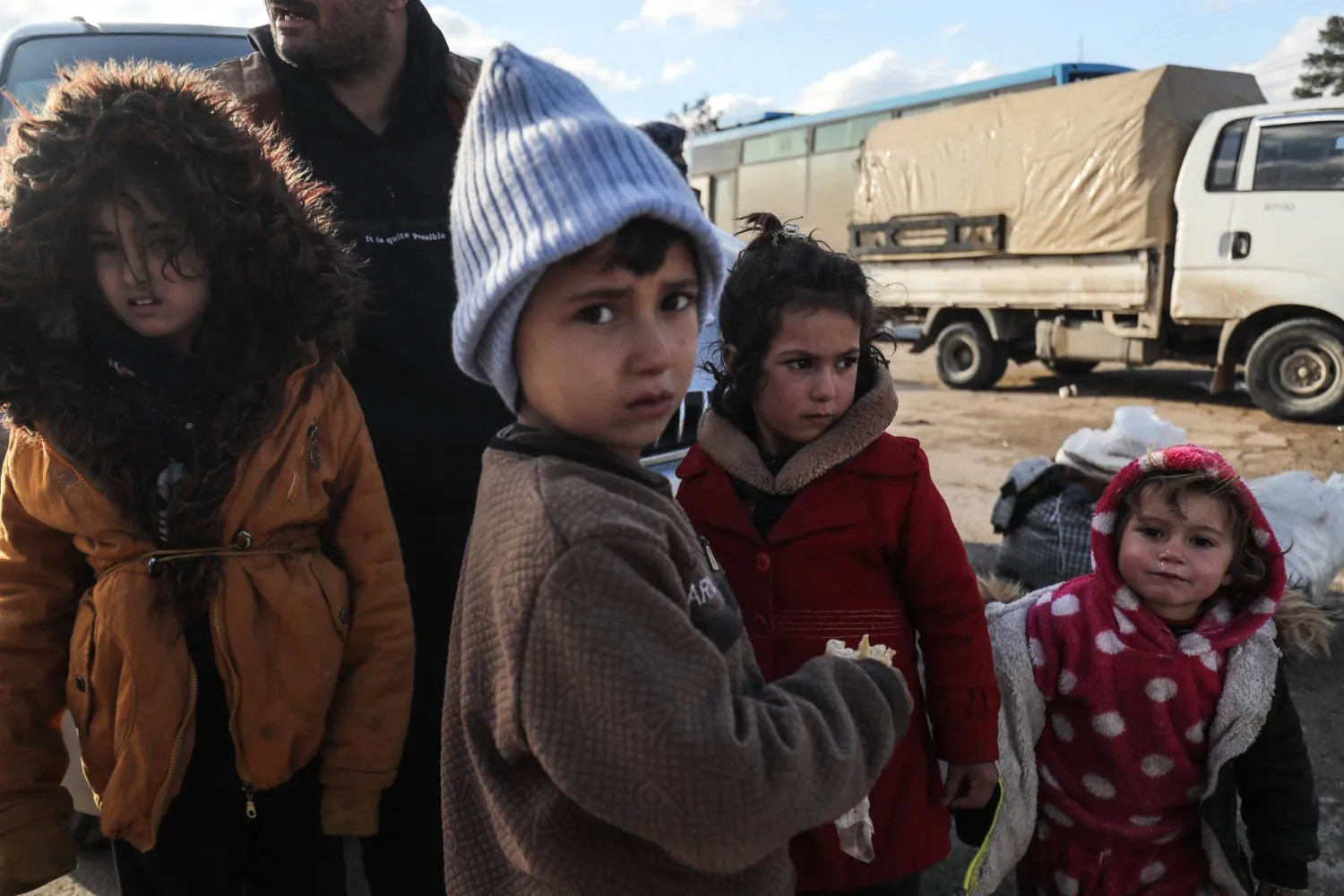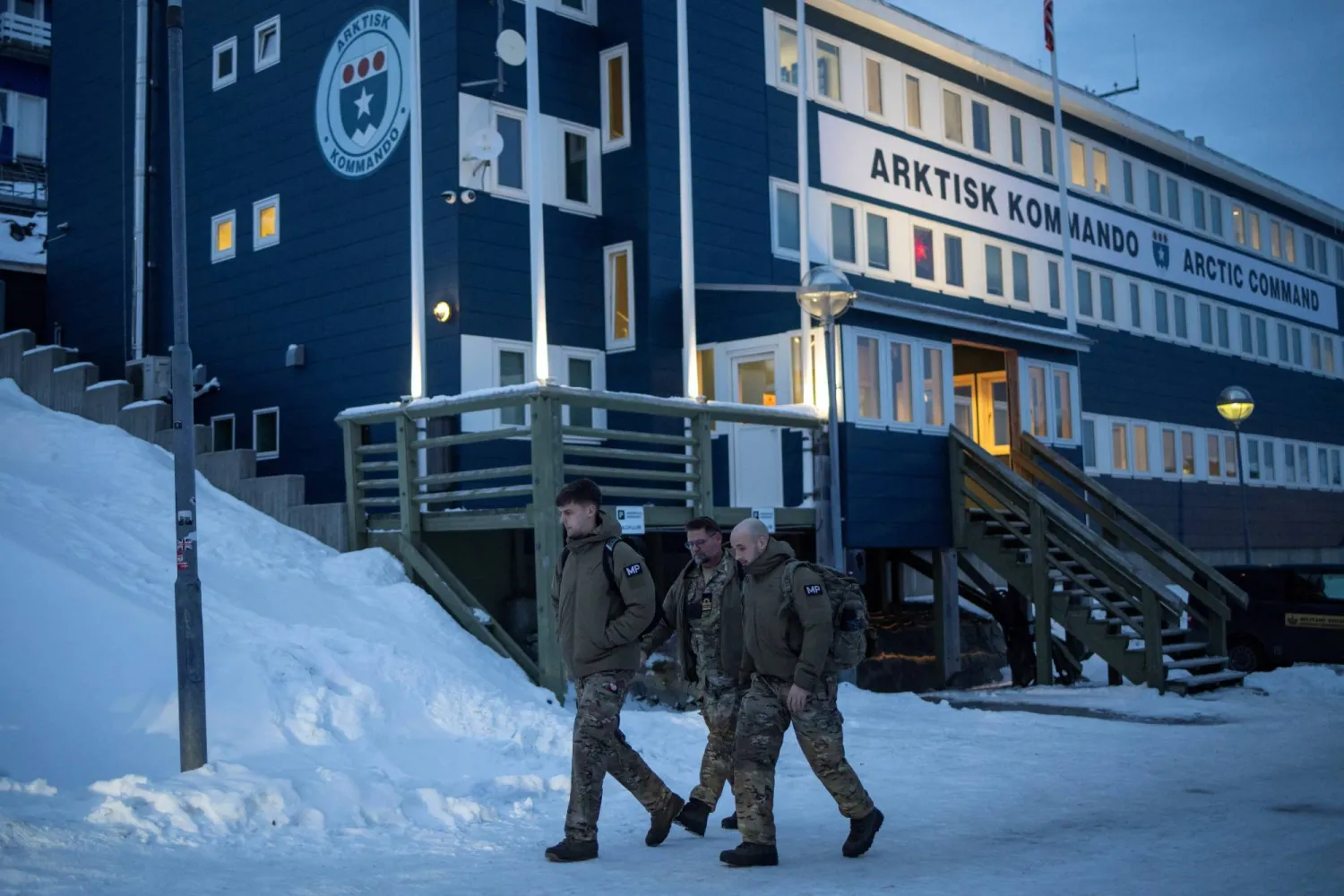Alsharq Tribune-AFP
Sudan on Wednesday announced the reopening of Khartoum International Airport for domestic flights, ending a suspension that lasted nearly two and a half years, despite recent drone attacks targeting the facility.
"A Badr Airlines aircraft landed at Khartoum International Airport, marking the reopening of the airport and the resumption of air operations from the capital after a long hiatus," Sudan's Ministry of Culture, Information, and Tourism said in a statement.
In a statement on its official Facebook page, Khartoum International Airport described the resumption of flights as "an important step in the recovery of Sudan's aviation sector, paving the way for the gradual return of air traffic in the coming period."
The airport, in central Khartoum, had come under drone attacks on Tuesday and on Wednesday morning.
Earlier in the day, the paramilitary Rapid Support Forces (RSF) claimed responsibility for Wednesday's attack on Khartoum.
"Our forces carried out a precise special operation in which drones successfully targeted sites and gatherings inside the perimeter of the General Command in Khartoum. The focused strike neutralized a number of officers present at the headquarters," said RSF field commander Colonel Othman Jaafar in a post on social media platform X.
The facility was among the first sites attacked by the RSF when war erupted on April 15, 2023, and had sustained heavy damage during the early phases of the conflict.
Authorities have since worked to rehabilitate the airport after the army regained full control of Khartoum State in May.
Port Sudan International Airport, in the country's east, remains the only operational hub for international flights, while some local airports continue to operate on a limited basis.
In recent weeks, the RSF has intensified drone attacks on military positions and vital infrastructure in areas controlled by the Sudanese Armed Forces (SAF).
Sudan remains gripped by a devastating conflict between the SAF and the RSF, which erupted in April 2023. The war has claimed tens of thousands of lives and displaced millions, plunging the country deeper into a humanitarian crisis.








.png?locale=en)


